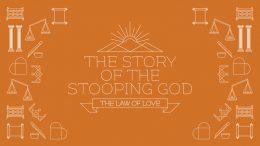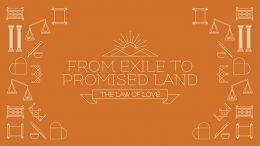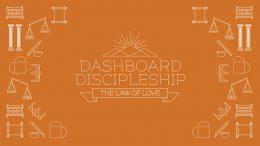
The Law of Love
Jan 24 2021 • Dan Kent, Greg Boyd, Guest Panelists
“The law” dominated the lives of first century Jews. Every part of their life was shaped by rules and regulations, down to how you washed your hands and ate your food. But for modern readers, the concept of the law is foreign and confusing. In this mini-series of our exploration of the Sermon on the Mount, we look at the larger context of what the law is in Scripture, how we interpret it today as Kingdom people, and what it means to balance grace and truth.
Sermons in this series:
The Bible announces God’s good news. However, what do we do with the disturbing parts of Scripture, like the passages that depict God as promoting violence, animal sacrifice, or treating women as property?
Topics: Discipleship,
Interpreting OT through the lens of the Cross
The Bible is not just a text to study. It is a way to hear and know God through the central story of Jesus who delivers us from exile.
Topics: Discipleship
Jesus claimed that the entire Bible was about him, that he is the center of the Scriptures. This claim requires us to conclude that he was crazy or that he was correct. And if the latter, then we must decide what to do with such a claim.
Topics: Defense of Christian Faith,
Discipleship,
Presence of God
In the first part of the sermon, Greg explains the decision of leadership regarding its plans for re-opening. The second part delves into the topic of what the inspiration of Scripture means and what it does not mean. It concludes with a panel discussion about trusting the authority of Scripture in a post-modern setting.
Topics: Controversial Issues,
Discipleship
Jesus announced that he came to fulfill every part of the law. How was he able to do this when he was accused of breaking the law? He did this by redefining the law of God around the law of love. This is the bullseye of God’s Kingdom.
Topics: Kingdom of God,
Love
The New Testament raises expectations for obedience to the level of perfection, while at the same time offering mercy and grace when we don’t meet those expectations. What is going on with this seemingly contradictory language? How do the two work together so that we grow as disciples?
Topics: Discipleship








